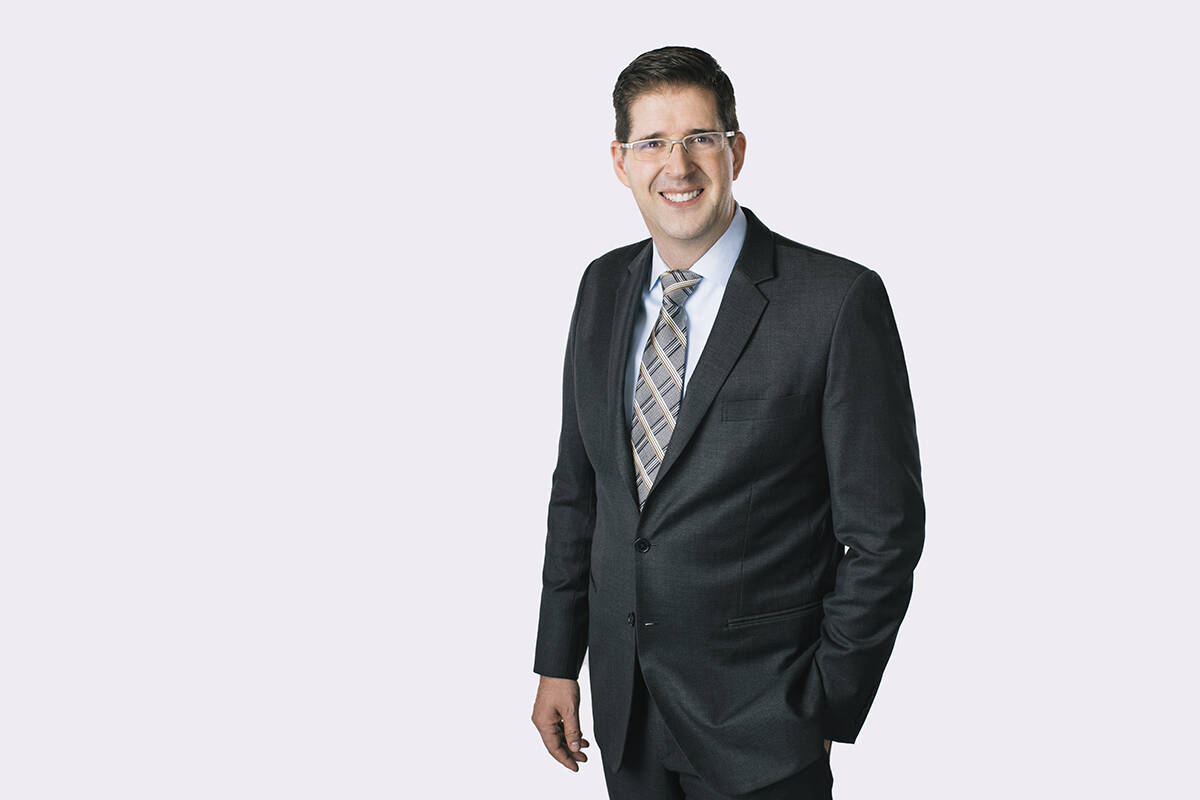Transferring wealth early: The pros and cons

Dave Lee, Senior Wealth Advisor with Scotia Wealth Management in White Rock.
Increasing life expectancy is causing people to take a fresh look at how – and when – they pass along their accumulated wealth.
Whether considering donations to charity or the legacy they want to leave their family, it may make sense to gift some of those funds earlier in life, rather than through their estate, after their death.
Someone with a pension that covers their lifestyle, for example, and who also has a clear title home and investments that continue to grow may be confident that they have more than they need, explains Dave Lee, Senior Wealth Advisor with Scotia Wealth Management in White Rock.
“If that’s the case, they may find some of their wealth could be put to better use if it’s passed along earlier,” Dave says.
For an adult child in their 50s who’s struggling to pay down their mortgage and plan for retirement – an inheritance could make a significant difference to their future. However, if their parent enjoys a long life, this “child” could be 70 before receiving the inheritance – an age where a financial boost may have a much smaller impact.
“Seeing the tangible results that a donation to a charity produces or a gift to loved ones enables during one’s lifetime is a wonderful experience. For some people though, the idea of relinquishing wealth can be unsettling, especially for those who’ve experienced scarcity earlier in their life,” Dave notes.
Giving while living requires an answer to the question “How much do I need to remain financially secure?”
“This is where I can help. My team and I develop a Total Wealth Plan that considers a range of factors that most people are not well equipped to forecast themselves, such as retirement income, travel expenses, potential health care needs, the cost of living and investment returns,” Dave says. Optimizing taxation and avoiding OAS claw back are important too.
“Once we have a conservative assessment of what our clients will need to live securely, we will know how much excess they can safely give.” he adds, noting the process doesn’t need to be one-time only.
As clients get older, we repeat the exercise and because our assumptions are very conservative, it typically reveals additional amounts that can be safely given.
Dave Lee CIM, CFP, FCSI is a Senior Wealth Advisor with Scotia Wealth Management in White Rock. He can be reached at dave.lee@scotiawealth.com or
Enjoying these articles? Visit www.dave-lee.ca/publications to read more.
